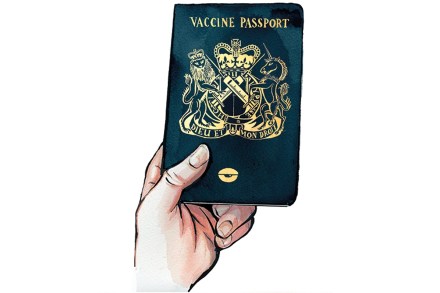My French lessons with Lord Nelson
Every Friday afternoon the foreign correspondent and I attend a French lady’s home for our one-hour French lesson. The foreign correspondent has lived happily in France for about 20 years with only ‘hallo’, ‘yes’, ‘red wine, please’, ‘same again, chief’, ‘keep it coming’ and ‘cheerio’. His wife is smoothly fluent and has been urging him for years to set himself the feat of learning French. It was at the end of January, when the subject came up during a four-hour lunch, that he surprised us all by agreeing that it was indeed high time. His one condition was that I make it a joint enterprise. We have started from scratch






















